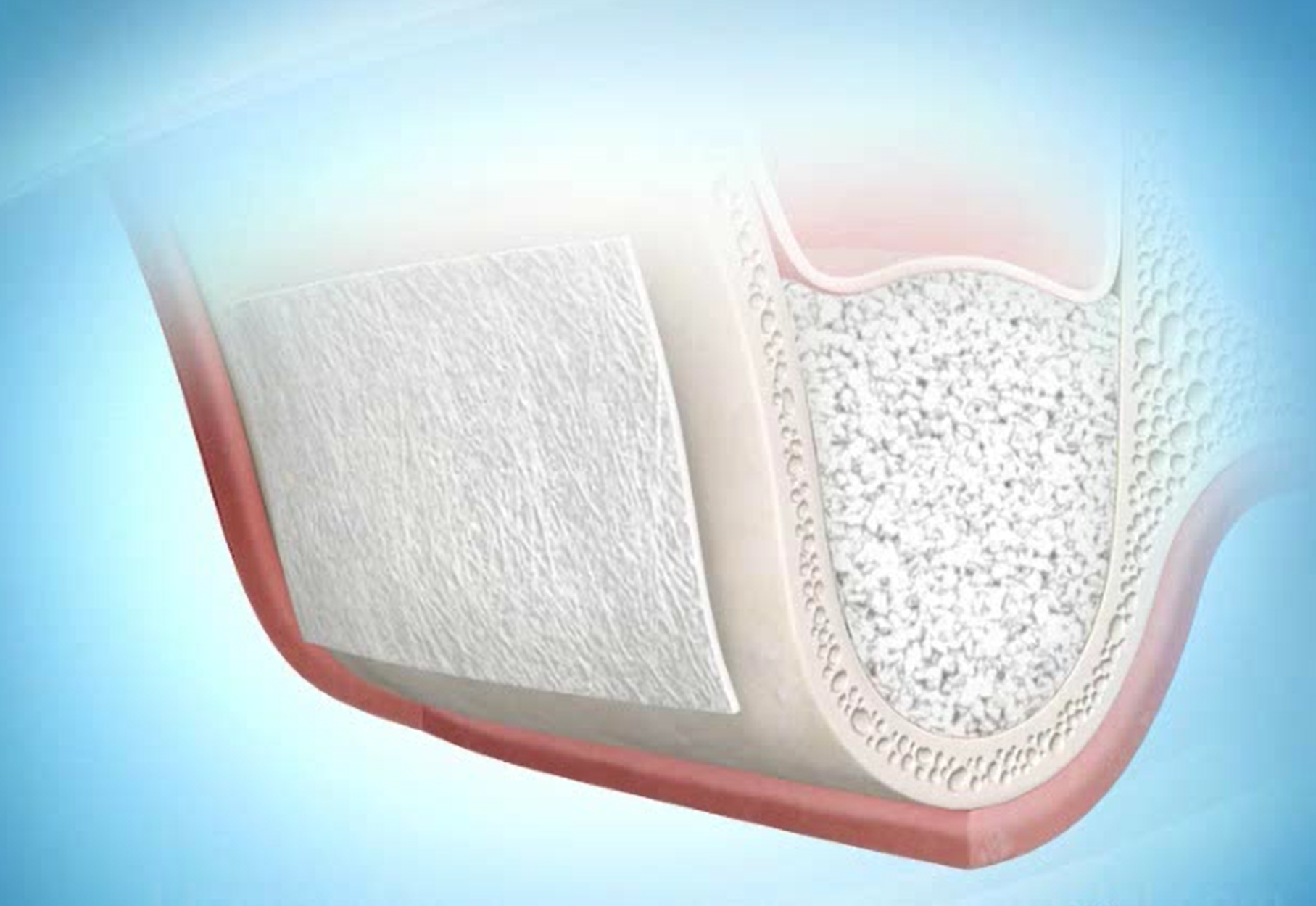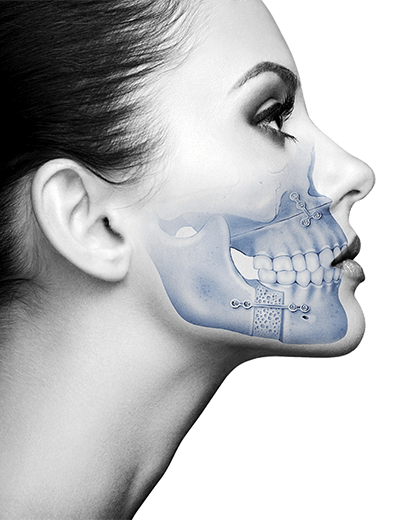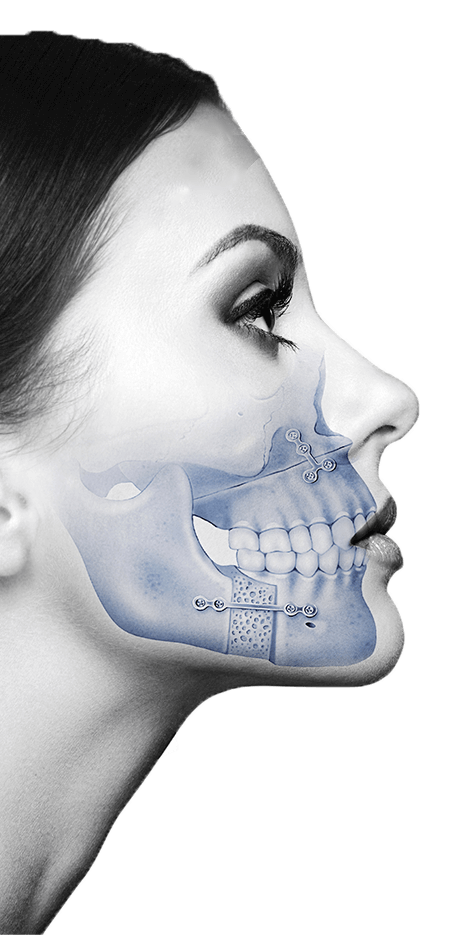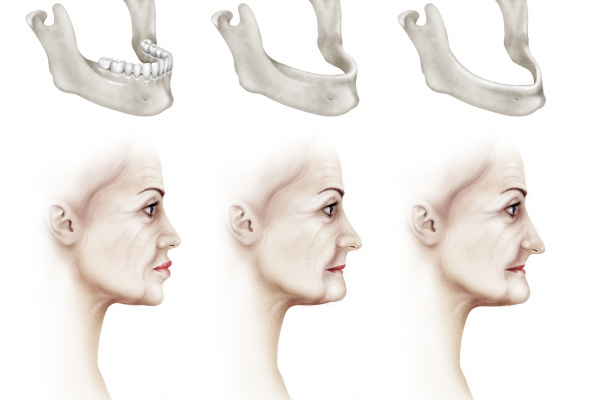When we lose or we are extracted a tooth, the alveolar bone (the one that supports the teeth), not receiving any type of mechanical stimulus such as the pressure exerted by the teeth when chewing, starts a process of resorption. The reason is that this particular bone has the ability of "self-renewing", and by not finding a function to perform (holding the teeth) it retracts, with serious consequences for our health and our appearance.
To avoid this from happening, we should ideally replace the lost teeth by means of implants as soon as possible. Dental implants are made of biocompatible materials and have a surface specifically treated to increase their adhesion to the bone (osseointegrated). In parallel, in order to achieve correct implant stability, it is essential that the implant be surrounded on all its surface by healthy bone, yet one more reason to preserve the alveolar bone as well as possible.

In the case that the alveolar bone has atrophied because the natural teeth have not been replaced by implants at the right time, it will be necessary to carry out a bone regeneration treatment. This procedure can be done before or during the same surgical act of implant placement.
There are multiple techniques described to regenerate the patient's bone, and most of them use artificial bone, which stimulates the formation of bone itself, eventually resulting in a new bone with the same characteristics as the original bone of the patient. However, the best treatment for bone loss is prevention, since by preventing bone resorption from occurring, we will also be able to avoid the serious consequences that this causes.








